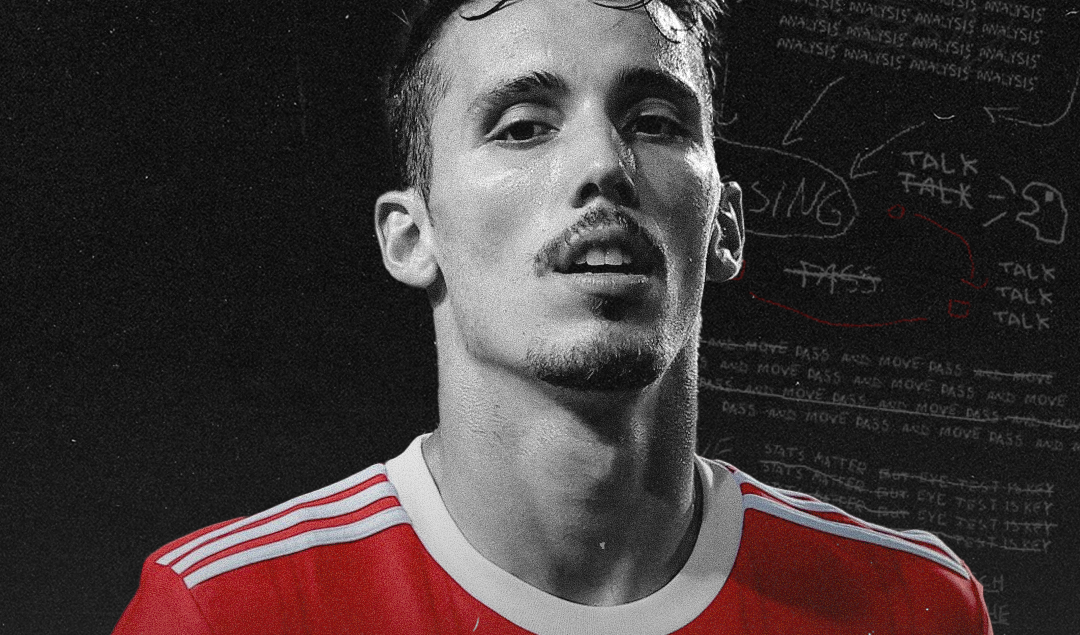Sports Betting & Football: How Odds Are Set for Big Matches
Sports betting has become a significant part of the global sports culture, especially when it comes to high-stakes events like football matches. Whether you’re a seasoned bettor or someone looking to place your first wager, understanding how odds are set for big matches can significantly improve your chances of making informed decisions. The process behind setting odds is complex, involving various factors, from team performance to market trends. But with some insight into how it all works, you can better navigate the world of football betting. Here’s a closer look at how odds are set for big football matches and how platforms like felicebet casino play a role in the process.

ALT: People Watching Soccer Game
The Basics of Setting Football Odds
Football betting odds represent the probability of a certain outcome occurring in a match, such as a win, loss, or draw for a team. They are calculated based on the analysis of various data points and factors that influence the game. These factors include the current form of the teams, head-to-head records, injuries, home-field advantage, and other variables like weather conditions.
Odds are set by oddsmakers, who are professionals responsible for predicting the likely outcome of events. They use statistical models and data analysis to determine the probability of different outcomes. For example, if a team is playing at home and has been performing well, its odds of winning will likely be shorter (i.e., the payout is smaller), as bookmakers predict a higher probability of success.
How Bookmakers Factor in Market Influence
Once oddsmakers calculate the initial odds for a match, they are presented to the betting market. However, odds are not static and can change based on how much money is wagered on each side. If a large number of bettors are placing bets on one outcome, the bookmaker may adjust the odds to attract more bets on the other side and maintain balance in their books. This process is known as “market influence.”
The goal for bookmakers is to ensure they have a balanced book, meaning that they receive roughly equal amounts of money on both sides of a bet. This way, they can guarantee a profit regardless of the outcome of the match. The odds reflect this market movement, often fluctuating in real-time as more bets are placed.
For example, if many bettors are backing a favorite team to win, the odds for that team will shorten to make betting on them less attractive. Conversely, if there’s heavy betting on the underdog, the odds for the underdog may lengthen to encourage more bets on the favorite.
The Role of Team and Player Analysis
Oddsmakers heavily rely on statistical analysis to set the initial odds for a match. Factors such as recent team performances, individual player statistics, injury reports, and head-to-head records are all taken into account. If key players are injured or suspended, the odds for that team’s success will generally lengthen because the probability of a win decreases without their contributions.
For instance, if a football team’s star striker is unavailable for a crucial match, bookmakers will adjust the odds to reflect the reduced chances of that team winning. Similarly, if a team has a history of performing well in certain weather conditions or against specific opponents, oddsmakers will incorporate this data into the odds.
Factors That Affect Football Betting Odds
Several factors contribute to the setting of odds for big football matches, and oddsmakers must consider them all to ensure accurate predictions. Some of the most important factors include:
- Team Form: The recent performance of a team is crucial. A team on a winning streak is more likely to have shorter odds, whereas a team with poor form may have longer odds.
- Home vs. Away Advantage: Home teams typically have an advantage due to familiar conditions and local support, which is reflected in the odds. Away teams are often given longer odds to win, especially if they are playing at a tough venue.
- Injuries and Suspensions: The absence of key players can significantly impact a team’s chances of winning. Oddsmakers take into account injuries and suspensions when setting their odds.
- Head-to-Head Records: Historical matchups between the teams also play a role in determining odds. If one team has a strong record against another, it will affect the betting odds.
- Public Perception: In addition to statistical analysis, oddsmakers also take into account the public’s perception of a team or a match. If a popular team is involved, even if their chances of winning are low, the odds may reflect public enthusiasm.
